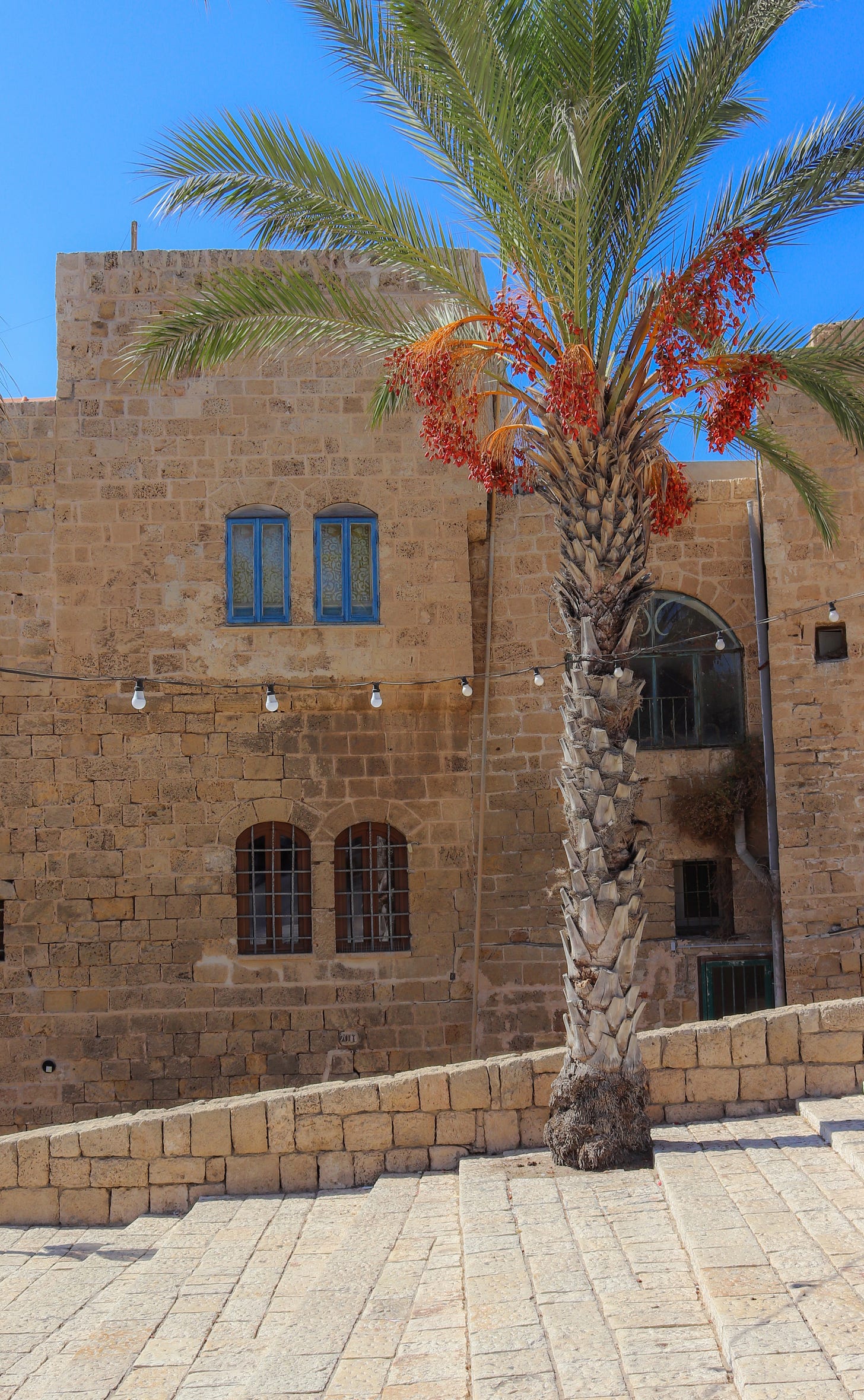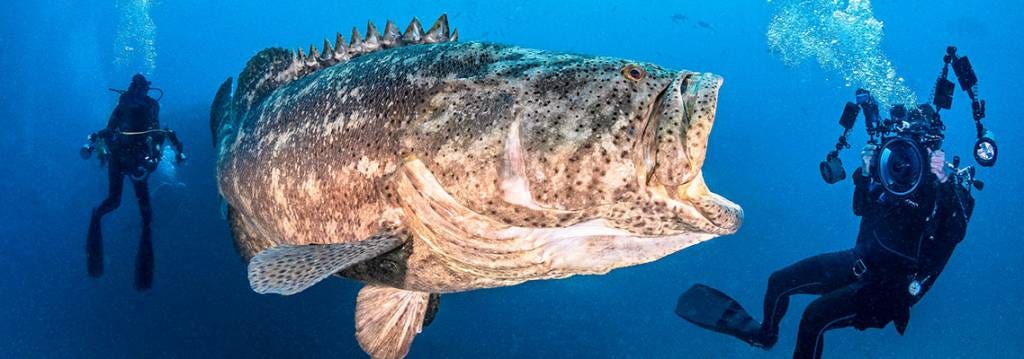The Old New Land
Tel Aviv | Yafo, Israel
After breakfast, we drove along my morning running path and I found myself once again in Old Jaffa (Yafo) where we learned about this city's rich history. This is the location where the prophet Jonah set sail for Tarshish, the Apostle Peter raised Tabitha, and where Peter’s vision opened up the Gospel to people from all nations.
St. Peter's Church is dedicated to this particular vision (Acts 10:9-16). This vision is often used as a Christian excuse to eat unclean foods, but this interpretation seems highly unlikely when one deploys context clues with common sense. I don't believe God changed His mind about what is food and what is NOT food, especially when you take into consideration that the unclean foods listed in Leviticus 11 encapsulate all of the modern food sources that bioaccumulate mercury and lead to impaired immune systems.
For a decade of my life, I struggled daily with the after-effects of toxic mercury poisoning. The mercury poisoning that I struggled with for a decade before being miraculously healed in a day came—quite simply—by eating the foods that are forbidden in Leviticus. Moreover, the Lord made it very clear to me on the same day that He gave me the gift of tongues (after breaking an extended three-week fast on a road trip across America) that Leviticus 11 is talking about what is food and what is NOT food. If God did not change His mind about what foods are clean and unclean, what then could Peter's dream possibly mean?
This vision makes sense when we understand what the so-called 'sheet' is referencing. We know from scripture that the sky opened up, and an object like a great sheet came down, lowered by four corners to the ground (Acts 10:11). From a Jewish perspective, this sheet is most certainly a tallit, or a linen prayer shawl. This is why the four corners are mentioned and why it was so startling for Peter to see unclean animals in the prayer shawl.
Peter is clear that he has never eaten anything unclean. He then hears the voice tell him that what God has cleansed, no longer consider unholy (Acts 10:15). The vision of the 'sheet' has nothing to do with God changing his mind about what we should and should not eat. Never do we see Peter eat anything that is prohibited in Leviticus, even after he has this open vision. Rather, by putting this into context, it seems fairly obvious that his vision was about welcoming gentiles into the faith.
Prior to this vision, jews were simply following a jewish rabbi named Yeshua and had no inclination that this faith system was to be spread far and wide, especially not to an unclean non-Jewish people group. Peter's vision is the introduction of this new idea. While Peter was still greatly perplexed as to what the meaning of the vision could be, the Spirit of the Lord tells him that three men are looking for him. Peter welcomes these gentiles into his home and leaves the next day with them to meet with Cornelius, the Roman centurion.
In case you need additional explanation that Peter's vision did not refer to the actual food he was eating, simply read further in the passage, because in verse 28, after arriving in Caesaria, Peter says to Cornelius, "You yourselves know that it is forbidden for a Jewish man to associate with or visit a foreigner; and yet God has shown me that I am not to call any person unholy or unclean..."
Peter did not interpret his vision to be about food, but explained it as an invitation to extend the Good News to non-jews. Praise God!
Although Jaffa is located at the top of a hill overlooking the sea, the rugged shoreline did not make for the best port. In fact, the rocks jutting up out of the sea just off this high outlook would have been where the large sea-going vessels anchored and smaller boats came out to unload passengers and cargo.
Due to all the shipwrecks that have occurred on these same rocks, the legends of Andromeda and Perseus developed over time. It's important to note that while these mythological legends of sea gods developed in this same location, the biblical tales are not myths. Rather, the stories of Jaffa (sometimes translated as Joppa) tell of actual events that took place in this land and on these shores.
Did you know that there is a big fish called a grouper native to these waters. Deep sea divers today know to be wary of the grouper because they are known to swallow divers alive and spit them out miles away, unharmed. Perhaps this is the species of big fish (not a whale) that swallowed Jonah after he set sail from Jaffa in rebellion against God...





